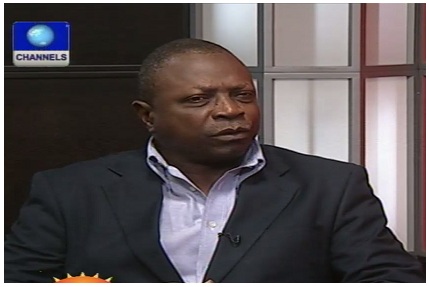
ALL economic indices attest to a negative trend in the Nigerian economy since the advent of the Muhammadu Buhari administration.
Direct Foreign Investment decreased by 20%, the stock market dropped by 15%, the Gross Domestic Product (GDP) which in 2014 surpassed that of South Africa for the first time dropped by over 25%, and the Naira crashed to the lowest level it had been in living memory.
Due to the weak economy, quality of life has been drastically degraded. The cost of living has virtually tripled.
Poverty is having devastating impact on the nation. Infant mortality rate is on the increase, and maternal mortality rate remains the fourth highest in the world.
At 53 years, life expectancy in Nigeria is one of the lowest anywhere. Never have the challenges been this immense, never has life been this gloomy.
The problem is monumental, but not intractable. Since things have not always been this bad in Nigeria there are many lessons we can learn from our past.
From about 1954 the three regions West, East and North embarked on aggressive economic reforms.
Banks were funded by the regional governments, and the banks in turn powered growth with loans to the other sectors such as mining, agriculture, housing, textiles, health, marketing, and education.
As historian professor Toyin Falola asserts in his book Economic Reforms and Modernization in Nigeria: 1945-1965, ‘economic development was the priority in every region, as Nigerians and their leaders saw their emerging freedom from colonial rule as an avenue for the banishment of poverty.’
There was no federation account, and no oil money from an excess crude account to be shared. The regions depended on their natural resources, and each region was known for its produce which was used locally, but which was also exported directly for foreign exchange.
Nigeria’s economy was strong as indicated by the low level of unemployment, and the currency which was then at par with the British pound.
Unfortunately this successful economic model would change, between 1959 and 1965 with the struggle of the regions for control of the centre, and later following the January 15th 1966 coup d’etat.
To paraphrase Falola again, ‘Nigeria’s focus switched from economic rivalry and fight for economic development to political rivalry and fight for political dominance.’
After the first coup, General Aguiyi Ironsi established a unitary system depriving the regions of both the economic and political autonomy they previously enjoyed.
General Yakubu Gowon who succeeded Ironsi intensified the unitary system of government. Future administrations, have hardly deviated from this retrogressive system.
For Nigeria’s economy to grow, we must abolish this inefficient and uneconomical type of governance.
A devolution of powers to the states and geo-political zones can solve the problem.
For example, fiscal devolution will give states untethered access to their mineral resources currently held in the Federal Government’s exclusive list. States will no longer need federal guarantees to attract foreign investment for major projects.
In a real federal structure, the Federal Government gets its revenue by collecting taxes from the multiple layers of economic activity generated in several states.
Another critical change that must occur in order to grow the economy is a need to focus on an array of products and resources; a policy generally referred to as diversification.
This nation’s dependence on oil as the source of 80% of its revenue is suicidal. The perennial weakness of the Nigerian economy is a factor of the operation of a mono-economy.
END

Be the first to comment